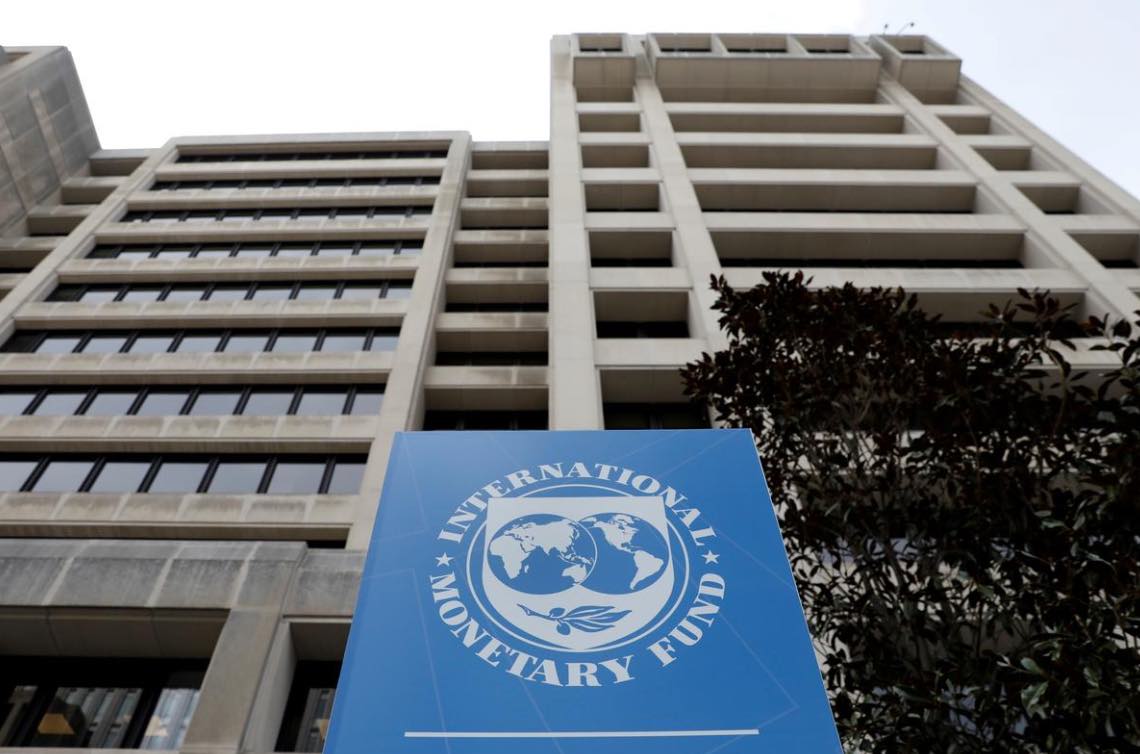
The Executive Board of the International Monetary Fund (IMF) on Friday completed the first and second reviews of the extended arrangement under the Extended Fund Facility (EFF) for Egypt and approved an augmentation of the original program by about five billion dollars, allowing the authorities to draw the equivalent of about US$820 million.
The IMF finalized the main aspects of the agreement, in a mission to Cairo that ended on February 1 led by Mission Chief for Egypt Ivanna Vladkova Hollar.
The government and IMF team reached an agreement on the economic policies necessary to complete the first and second reviews of the Extended Fund Facility arrangements.
The experts discussed the government’s request to increase the IMF’s support for Egypt from 2.35 billion for Special Drawing Rights, equivalent to three billion, to 6.11 billion for Special Drawing Rights, equivalent to about eight billion dollars.
The IMF said in a statement that a strong economic stabilization plan is being implemented to correct policy slippages.
“The plan is centered on a liberalized foreign exchange system through a flexible exchange rate regime, a significant tightening of the policy mix, reducing public investment, and leveling the playing field to allow the private sector to become the engine of growth,” the IMF statement reads.
It added that “While the recent sizable investment deal in Ras al-Hikma alleviates the near-term financing pressures, implementation of the economic policies under the program remains critical to address Egypt’s macroeconomic challenges,”.
“Robust delivery on structural reforms will be critical to lock in the benefits of the improved financing environment,” the IMF said.
The Managing Director of the IMF, Kristalina Georgieva, said at the conclusion of the Executive Board’s discussion that: “Egypt is facing significant macroeconomic challenges that have become more complex to manage given the spillovers from the recent conflict in Gaza and Israel. The disruptions in the Red Sea are also reducing Suez Canal receipts, which are an important source of foreign exchange inflows and fiscal revenue,”
“The comprehensive policy package seeks to maintain debt sustainability, restore price stability, and restore a well-functioning exchange rate regime, while continuing to push forward deep structural reforms to promote private sector-led growth and job creation,” the IMF statement reads.
Edited translation from Al-Masry Al-Youm




